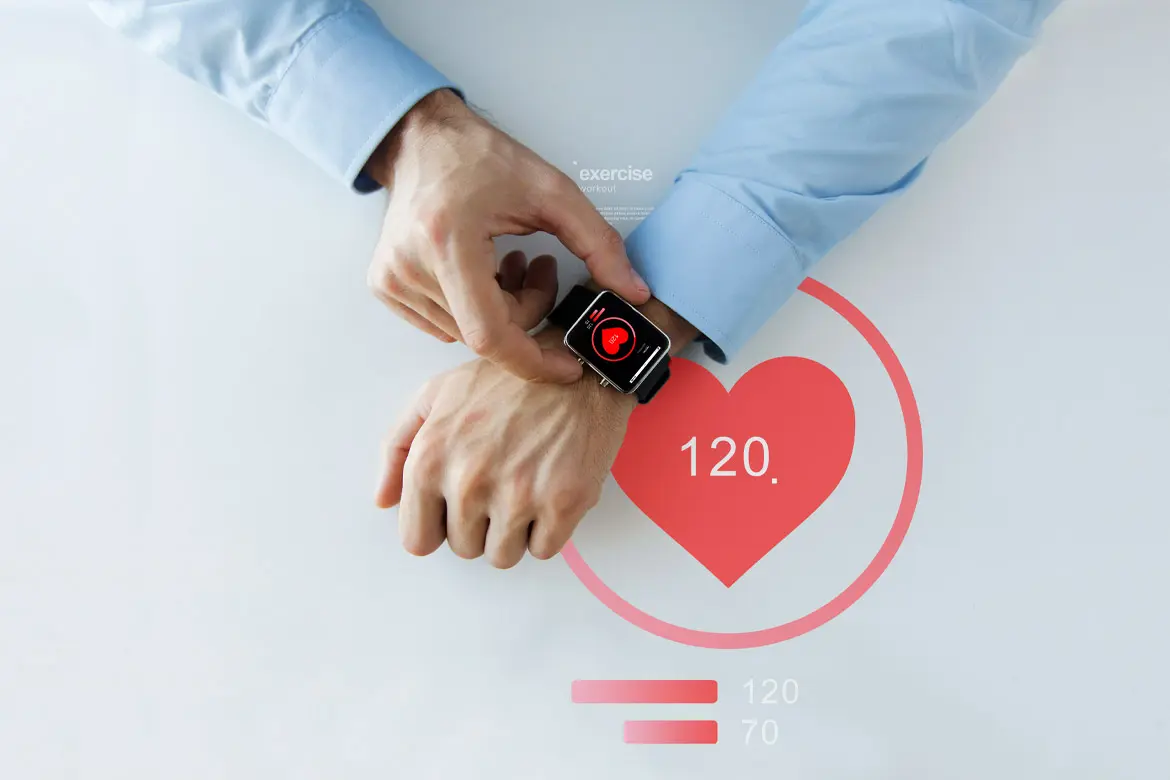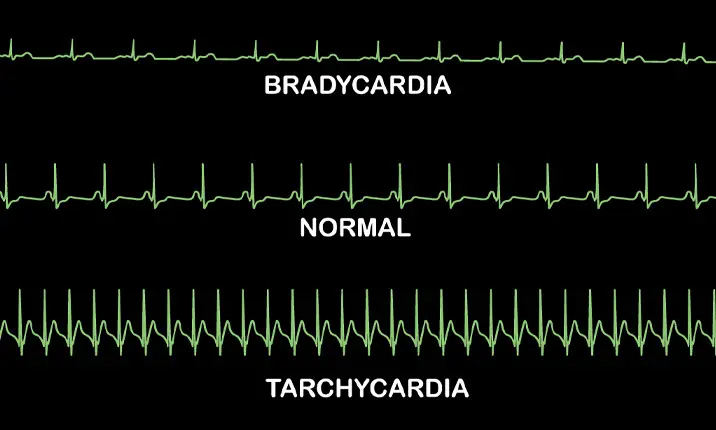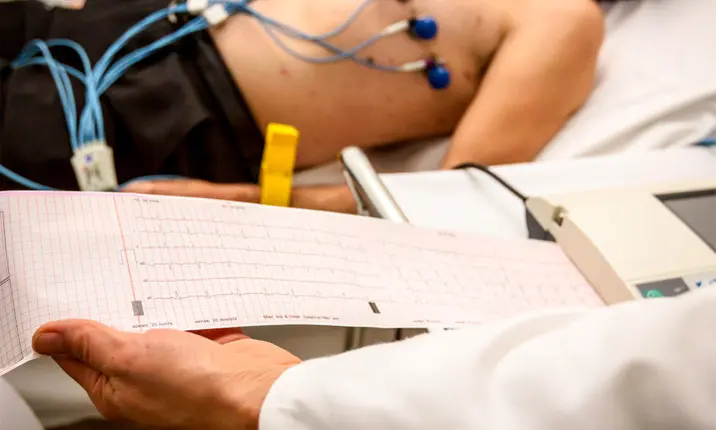Is something wrong with my heart? That may be your first thought when you notice your heart beating quickly.
Racing heart rates can be scary. You may feel your heart is pumping faster or harder than usual. In some instances, you may notice skipped or fluttering heartbeats.
Fortunately, it is usually nothing to worry about. But, in some cases, it can be due to an underlying health condition.
What is a dangerous heart rate?
Your heart rate is the number of times your heart beats in one minute, and it differs from person to person. Your activities and overall health will influence your heart rate, such as how it may rise when you exercise, and how it may slow down when you’re at rest.
For adults, a normal resting heart rate is about 60 – 100 beats per minute. A fast heart rate is defined as a heart rate with over 100 beats per minute. When your heart beats too quickly, it is a condition called tachycardia. Conversely, when your heart rate is too slow, it's called bradycardia. Bradycardia is generally defined as having a resting heart rate that's less than 60 beats per minute.
There are many different types of tachycardia. Their classification is based on their cause and the part of the heart they affect. If it begins in the ventricles (the lower chamber of the heart), it is called ventricular tachycardia. If it starts above the ventricles, it is called supraventricular tachycardia.
While it may cause worry, experiencing tachycardia may be temporary. Tachycardia may be a reaction to the processes or chemicals in the body, such as stressful emotions, exercises, certain drugs, caffeine, alcohol and nicotine. These symptoms can be felt in your chest, throat or neck. Hormonal changes, especially during pregnancy, is also a common cause of tachycardia.
An abnormal heart rhythm may also be dangerous, even if the heart rate is within the normal range. Patients who experience frequent skipped heartbeats or irregular heartbeats- should also undergo further tests.
My heart rate won’t go down – should I be worried?
Most causes of a rapid heartbeat are not dangerous. However, it can be a problem when it happens often, lasts too long, won’t go down while at rest, or causes symptoms such as shortness of breath, dizziness or chest pain.
A faster than usual heartbeat accompanied by worrisome symptoms, can indicate an underlying health problem such as cardiovascular disease, dehydration, anaemia, electrolyte imbalance, or hyperthyroidism.
If you notice that your heart is racing a lot and it happens when you're not exercising or stressed, do consult a doctor as soon as possible.
How are heart conditions diagnosed?
To diagnose your condition and determine the type of tachycardia, your doctor will evaluate your symptoms, perform a physical examination, and ask you about your health habits, lifestyle and medical history.
To help diagnose your condition, your doctor may use a variety of diagnostic procedures such as an electrocardiogram (ECG), echocardiogram, magnetic resonance imaging (MRI), computerised tomography (CT) and coronary angiogram. Doctors may also arrange for a longer period of heart rhythm monitoring (often between 24 hours to 1 week) to look for any abnormal heart rhythms that may be causing the palpitations.
An ECG is the most common test that will be conducted. It makes use of small electrodes to record your heart's electrical activity and can detect abnormalities in the heart. Structural abnormalities can be picked up by through cardiac imaging tests such as an echocardiogram, MRI, CT scans, coronary angiogram and chest X-ray. These imaging tests are the only way to tell if you've had a silent heart attack, a heart attack that occurs without apparent symptoms such as chest pain or shortness of breath.
Your doctor may also order laboratory tests to check if your condition is caused by an imbalance in electrolyte or hormones.
Once a diagnosis is made, your doctor will work out a plan to treat and manage your condition.
When to see a doctor
Seek immediate medical help if you experience a fast heartbeat accompanied by fainting, shortness of breath, dizziness and chest pain. These could be signs of serious heart disease, such as a heart attack or stroke. Delay in getting treatment can result in severe complications and permanent damage.
When your heart beats faster than normal, it's working too hard. It doesn't have enough time to fill up its chambers with blood or pump it to the rest of your body, and this is a matter of concern.
It doesn't matter how healthy you are; if your heart doesn't feel right for you, it's worth getting a regular heart screening.














